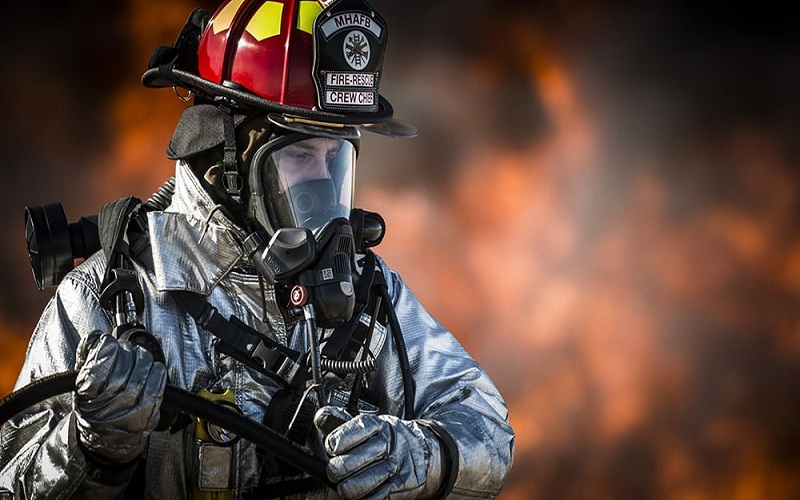Small communities play a vital role in society. These communities often face different challenges while supporting essential services that contribute to the overall well-being of the residents. One significant factor that plays a crucial role in funding these services, such as firefighting, is the presence of labor unions.
John Rose Oak Bluff has been a professional firefighter for many years and speaks of the issues in gathering manpower and funding. Unions come to the rescue in such scenarios when funding becomes a problem for the brave community service providers.
1. Collective Bargaining for Fair Wages and Benefits:
One of the primary functions of labor unions is to engage in collective bargaining on behalf of workers. In small communities, where a tight-knit population often depends on key services, the presence of unions helps ensure that workers in essential roles, including firefighters, receive fair wages and comprehensive benefits. This not only attracts skilled professionals to these critical positions but also enhances the overall quality of the services provided.
2. Advocating for Adequate Funding:
Labor unions serve as powerful supporters for adequate funding for public services in small communities. Firefighting, being a cornerstone of public safety, requires substantial financial support to maintain state-of-the-art equipment, training programs, and emergency response capabilities. Unions, by negotiating with local authorities and government agencies, can effectively lobby for the necessary funding to bolster firefighting services and ensure the safety of residents.
3. Addressing Staffing Concerns:
Small communities often struggle with limited resources, and this extends to staffing levels in essential services like firefighting. Labor unions play a crucial role in addressing staffing concerns by negotiating for appropriate staffing levels, reasonable working hours, and adequate rest periods. This not only enhances the efficiency of firefighting operations but also contributes to the overall safety and well-being of the community.
4. Community Engagement and Solidarity:
Unions foster a sense of community engagement and solidarity among their members. In small communities, this sense of unity can extend beyond the workplace and into the neighborhoods, creating a collaborative environment that is conducive to problem-solving and resource-sharing. Firefighters, supported by strong unions, can actively engage with the community, promoting fire safety education and building trust between residents and emergency responders.
5. Dealing with the Impact of Budget Cuts:
Small communities often face the challenge of budget constraints, leading to potential cuts in essential services. Labor unions can act as a buffer against such cuts by negotiating creatively, exploring alternative funding sources, and working collaboratively with local authorities to find solutions that prioritize community safety.
In small communities, labor unions play a key role in shaping the landscape of essential services, particularly firefighting, says John Rose Oak Bluff. By advocating for fair wages, adequate funding, and addressing staffing concerns, unions contribute to the overall well-being and safety of residents. The collaborative spirit and community engagement fostered by unions create a resilient environment where essential services can thrive, ensuring that small communities are well-equipped to face the challenges of the future.
Top of Form

